Ibuclin P Tablet 10's
MRP ₹10.5
(Inclusive of all Taxes)
₹1.6 Cashback (15%)
Provide Delivery Location
Online payment accepted
 Prescription drug
Prescription drugWhats That
Composition :
Manufacturer/Marketer :
Consume Type :
Expires on or after :
Return Policy :
About Ibuclin P Tablet
Ibuclin P Tablet belongs to a group of NSAIDs (Non-Steroidal Anti-Inflammatory Drugs) used to provide relief from mild to moderate pain and inflammation associated with muscular, rheumatic, and arthritic disorders, headache, trauma, dental pain, and pain after surgery or childbirth. Additionally, Ibuclin P Tablet is used to relieve period pain, and premenstrual syndrome symptoms (PMS), and manage excessively heavy periods.
Ibuclin P Tablet contains 'mefenamic acid' which works by blocking the effect of chemical messengers that cause pain and inflammation. Thereby relieving pain and inflammation.
In some cases, you may experience certain common side effects such as abdominal pain, nausea, vomiting, diarrhoea, heartburn and indigestion. Most of these side effects do not require medical attention and will resolve gradually over time. However, you are advised to talk to your doctor if you experience these side effects persistently.
Consult your doctor if you are pregnant or breastfeeding. Ibuclin P Tablet may cause drowsiness and dizziness, so drive only if you are alert. Avoid consuming alcohol with Ibuclin P Tablet as it could lead to increased drowsiness and dizziness; it might also increase stomach bleeding risk. Keep your doctor informed about your health condition and medicines to rule out any side effects.
Uses of Ibuclin P Tablet
Directions for Use
Key Benefits
Ibuclin P Tablet belongs to a group of medicines called NSAID (Non-Steroidal Anti-Inflammatory Drug) used to provide relief from mild to moderate pain and inflammation associated with muscular, rheumatic, arthritic disorders, headache, trauma, dental pain, and pain after surgery or childbirth. Additionally, Ibuclin P Tablet is used to relieve period pain, symptoms of premenstrual syndrome (PMS), and management of excessively heavy periods. Ibuclin P Tablet works by blocking the effect of a chemical messenger in your body, known as cyclo-oxygenase (COX) enzymes that make another chemical prostaglandins. These prostaglandins are produced at injury sites and cause pain and swelling. By blocking the effect of COX enzymes, lesser prostaglandins are produced, which reduces mild to moderate pain and inflammation at the injured or damaged site.
Storage
- Drink water or other clear fluids.
- To prevent worsening of pain, limit intake of tea, coffee, or alcohol.
- Include bland foods like rice, toast, crackers, and rice in your diet.
- Avoid lying down immediately after eating as it may cause indigestion or heartburn.
- Avoid acidic and spicy food as it may cause indigestion.
- Inform your doctor about your constipation symptoms. They may adjust your medication or advise alternative treatments.
- Stay hydrated by drinking sufficient of water (at least 8-10 glasses a day) to help soften stool and promote bowel movements.
- Increase fibre intake by eating foods high in fibre, such as fruits, whole grains, vegetables and legumes, to help bulk up the stool.
- Establish a bowel routine by trying to go to the bathroom at the same time each day to train your bowels.
- Engaging in regular exercise, like walking or yoga, can support in bowel movement stimulation.
- Consult your doctor if constipation persists, and discuss alternative treatments or adjustments to your medication.
- Inform Your Doctor: Notify your doctor immediately about your diarrhoea symptoms. This allows them to adjust your medication or provide guidance on managing side effects.
- Stay Hydrated: Drink plenty of fluids to replace lost water and electrolytes. Choose water, clear broth, and electrolyte-rich drinks. Avoid carbonated or caffeinated beverages to effectively rehydrate your body.
- Follow a Bland Diet: Eat easy-to-digest foods to help firm up your stool and settle your stomach. Try incorporating bananas, rice, applesauce, toast, plain crackers, and boiled vegetables into your diet.
- Avoid Trigger Foods: Steer clear of foods that can worsen diarrhoea, such as spicy, fatty, or greasy foods, high-fibre foods, and dairy products (especially if you're lactose intolerant).
- Practice Good Hygiene: Maintain good hygiene to prevent the spread of infection. To stay healthy, wash your hands frequently, clean and disinfect surfaces regularly, and avoid exchanging personal belongings with others.
- Take Anti-Diarrheal Medications: If your doctor advises, anti-diarrheal medications such as loperamide might help manage diarrhoea symptoms. Always follow your doctor's directions.
- Keep track of your diarrhoea symptoms. If they don't get better or worse or are accompanied by severe stomach pain, blood, or dehydration signs (like extreme thirst or dark urine), seek medical help.
- Take medications with food (if recommended): It can help prevent stomach distress and indigestion.
- Eat smaller, more frequent meals: Divide daily food intake into smaller, more frequent meals to ease digestion.
- Avoid trigger foods: Identify and avoid foods that trigger indigestion, such as spicy, fatty, or acidic foods.
- Stay upright after eating: Sit or stand upright for at least 1-2 hours after eating to prevent stomach acid from flowing into the oesophagus.
- Avoid carbonated drinks: Avoid drinking carbonated beverages, such as soda or beer, which can worsen indigestion.
- Manage stress: To alleviate indigestion, engage in stress-reducing activities like deep breathing exercises or meditation.
- Consult a doctor if needed: If indigestion worsens or persists, consult a healthcare professional to adjust the medication regimen or explore alternative treatments.
- Tell your doctor about your GAS symptoms. They may change your medication regimen or prescribe additional drugs to help you manage them.
- To manage GAS symptoms, eat a balanced diet of fibre, vegetables, and fruits.
- Drink enough water throughout the day to avoid constipation and treat GAS symptoms.
- Regular exercise like yoga and walking may help stimulate digestion and alleviate GAS symptoms.
- Take probiotics only if your doctor advises, as they may help alleviate GAS symptoms by promoting gut health.
- Take medication for GAS symptoms only if your doctor advises, as certain medications can interact with your existing prescriptions or worsen symptoms.
- If symptoms persist, worsen, or are accompanied by severe abdominal pain, vomiting, or bleeding, seek immediate medical attention.
- Inform your doctor about the nausea and discuss possible alternatives to the medication or adjustments to the dosage.
- Divide your daily food intake into smaller, more frequent meals to reduce nausea.
- Opt for bland, easily digestible foods like crackers, toast, plain rice, bananas, and applesauce.
- Avoid certain foods that can trigger nausea, such as fatty, greasy, spicy, and smelly foods.
- Drink plenty of fluids, such as water, clear broth, or electrolyte-rich beverages like coconut water or sports drinks.
- Use ginger (tea, ale, or candies) to help relieve nausea.
- Get adequate rest and also avoid strenuous activities that can worsen nausea.
- Talk to your doctor about taking anti-nausea medication if your nausea is severe.
- Record when your nausea occurs, what triggers it, and what provides relief to help you identify patterns and manage your symptoms more effectively.
Drug Warnings
Do not take Ibuclin P Tablet if you are allergic to any of its components, if you have severe heart, kidney or liver failure, suffered bleeding problems such as bleeding from the stomach or bowels while taking any pain killers or have peptic ulcers or inflammatory bowel disease. Inform your doctor if you have high blood pressure, heart problems, high cholesterol, dehydration, asthma, liver and kidney problems. Consult your doctor if you are pregnant or breastfeeding. Ibuclin P Tablet may cause drowsiness and dizziness, so drive only if you are alert. Stop taking Ibuclin P Tablet and consult your doctor immediately if you have stomach pain or any signs of bleeding in the intestine or stomach such as blood in stools.
Drug-Drug Interactions
Drug-Drug Interactions
Login/Sign Up
Coadministration of Ibuclin P Tablet with Ketorolac can increase the risk or severity of gastric bleeding and ulcers.
How to manage the interaction:
Taking Ibuclin P Tablet with Ketorolac together can result in an interaction, it can be taken if your doctor has advised it. However, if you notice any unusual bleeding or bruising, other signs of bleeding, dizziness, lightheadedness, red or black tarry stools, coughing up or vomiting blood, severe headache, and weakness, you should contact a doctor immediately. Do not stop using any medications without talking to a doctor.
Co-administration of Ibuclin P Tablet with Meloxicam together can increase the risk or severity of bleeding.
How to manage the interaction:
Taking Ibuclin P Tablet with Meloxicam together is generally avoided as it can result in an interaction, it can be taken if a doctor has advised it. However, if you notice any unusual bleeding or bruising, other signs of bleeding, dizziness, lightheadedness, red or black tarry stools, coughing up or vomiting blood, severe headache, and weakness, you should contact a doctor immediately. Do not stop using any medications without talking a doctor.
Co-administration of Ibuclin P Tablet with Flurbiprofen can increase the risk or severity of gastric bleeding, ulceration, and rarely, perforation leading to serious blood loss.
How to manage the interaction:
Taking Ibuclin P Tablet with Flurbiprofen together can result in an interaction, it can be taken if your doctor has advised it. However, if you notice any symptoms of dizziness, lightheadedness, unusual bleeding or bruising, red or black tarry stools, coughing up or vomiting blood, severe headache, and weakness, you should contact a doctor immediately. Do not stop using any medications without talking to a doctor.
Taking Human immunoglobulin with Ibuclin P Tablet, may raise the risk of kidney problems.
How to manage the interaction:
There may be a possibility of interaction between Human immunoglobulin and Ibuclin P Tablet, but it can be taken if prescribed by a doctor. However, if you experience nausea, vomiting, loss of appetite, increased or decreased urination, sudden weight gain or loss, fluid retention, swelling, shortness of breath, muscle cramps, tiredness, weakness, dizziness, confusion, or an irregular heart rhythm, consult a doctor. Do not discontinue any medications without consulting a doctor.
Teriflunomide may cause liver damage and taking it with Ibuclin P Tablet may increase that risk.
How to manage the interaction:
Although taking Ibuclin P Tablet and Teriflunomide together can cause an interaction, it can be taken if your doctor has suggested it. If you have any of these symptoms, it's important to contact your doctor right away - liver problems, fever, feeling cold, pain in your joints, swelling, bruises, rash, itchy skin, not feeling hungry, feeling tired, feeling sick, throwing up, dark urine, or bleeding. Do not discontinue any medications without consulting a doctor.
Coadministration of Ibuclin P Tablet with Deferasirox can increase the risk or severity of gastric bleeding.
How to manage the interaction:
Taking Ibuclin P Tablet with Deferasirox together can result in an interaction, it can be taken if your doctor has advised it. However, if you notice any symptoms of increased or decreased urination, fluid retention, swelling, shortness of breath, muscle cramps, tiredness, weakness, dizziness, confusion, and irregular heart rhythm, you should contact a doctor immediately. Do not stop using any medications without talking to a doctor.
The combined use of Ibuclin P Tablet and Tenofovir alafenamide can increase the risk of kidney problems.
How to manage the interaction:
Taking Ibuclin P Tablet and Tenofovir alafenamide together can lead to an interaction, it can be taken if advised by your doctor. However, if you experience any symptoms like nausea, vomiting, loss of appetite, increased or decreased urination, sudden weight gain or weight loss, fluid retention, swelling, shortness of breath, bone pain, muscle cramps, tiredness, weakness, dizziness, confusion, and irregular heart rhythm, contact a doctor immediately. Do not discontinue any medications without consulting a doctor.
Co-administration of Ibuclin P Tablet with Ibrutinib can increase the risk or severity of bleeding, leading to serious blood loss.
How to manage the interaction:
Taking Ibuclin P Tablet with Ibrutinib together can result in an interaction, it can be taken if a doctor has advised it. However, if you notice any symptoms of unusual bleeding or bruising, dizziness, lightheadedness, red or black tarry stools, coughing up or vomiting blood, severe headache, and weakness, you should contact a doctor immediately. Do not stop using any medications without talking to a doctor.
Coadministration of Ibuclin P Tablet with Dabigatran can increase the risk or severity of bleeding leading to serious blood loss.
How to manage the interaction:
Taking Ibuclin P Tablet with Dabigatran etexilate together can result in an interaction, it can be taken if your doctor has advised it. However, if you notice any unusual bleeding or bruising, other signs of bleeding, dizziness, lightheadedness, red or black tarry stools, coughing up or vomiting blood, severe headache, and weakness, you should contact a doctor immediately. Do not stop using any medications without talking to a doctor.
Coadministration of Ibuclin P Tablet with Methotrexate may increase the blood levels and side effects of methotrexate.
How to manage the interaction:
Although there is a possible interaction between Ibuclin P Tablet and methotrexate, you can take these medicines together if prescribed by your doctor. However, if you experience any symptoms such as nausea, vomiting, diarrhea, rash, appetite loss, joint pain or swelling, yellowing of the skin or eyes, dark urine, breathing difficulty, a dry cough, dizziness or fainting, unusual bruising or bleeding, seizures(fits), mouth sores or ulcers, infection, as well as flu-like symptoms(fever, chills, body pains, sore throat, and weakening of the muscles), consult a doctor immediately. Do not stop using medications without a doctor's advice.
Drug-Food Interactions
Drug-Food Interactions
Login/Sign Up
Diet & Lifestyle Advise
- Mild exercises such as jogging and walking are helpful for muscle stretching.
- Massages can also be helpful.
- Avoid freezing and hot temperatures.
- Avoid wearing tight-fitting clothes, instead, wear loose garments.
- Rest well, get plenty of sleep.
- To avoid developing pressure sores, change your position at least every two hours.
- Hot or cold therapy can help treat pain. Apply an ice-pack or hot-pack on the muscle for 15-20minutes.
- Stay hydrated, drink plenty of water.
Side Effects of Ibuclin P Tablet
- Abdominal pain
- Nausea
- Vomiting
- Diarrhoea
- Indigestion
- Heartburn
Habit Forming
Therapeutic Class
All Substitutes & Brand Comparisons
RX
Out of StockMeff-P 100mg Tablet
Bestochem Formulations (I) Ltd
₹10
(₹0.9 per unit)
5% CHEAPERRX
Out of StockRaymef 100mg Tablet DT
₹11
(₹0.99 per unit)
4% COSTLIERRX
Out of StockGimef P 100mg Tablet
Prayas Pharmaceuticals
₹11.42
(₹1.03 per unit)
8% COSTLIER
Author Details
We provide you with authentic, trustworthy and relevant information
Drug-Diseases Interactions
Drug-Diseases Interactions
Login/Sign Up
FAQs
Drug-Drug Interactions Checker List
- ASPIRIN
- IBUPROFEN
- CELECOXIB
- DICLOFENAC
- NAPROXEN
- PROBENECID
- CYCLOSPORINE
- TACROLIMUS
- WARFARIN
- HEPARIN
- METHOTREXATE
- ZIDOVUDINE
- DULOXETINE
- LITHIUM
- FLUOXETINE
- SERTRALINE
- MIFEPRESTONE
Disease/Condition Glossary
Pain: Pain is a symptom triggered by the nervous system, causing uncomfortable sensations in the body. Pain can be dull or sharp. It can be described as a stinging, throbbing, sore, and pinching sensation. Pain can occur frequently, or it can be consistent. The tolerance of pain can vary from person to person. Pain can be acute or can occur for a longer duration; it can be localised or can be overall. The common causes of pain are cramps, headache, muscle strain, arthritis, or bone fractures.

Have a query?
Alcohol
Safe if prescribed
Avoid consumption of alcohol while taking Ibuclin P Tablet as it may increase drowsiness. It can also increase the risk of stomach bleeding.
Pregnancy
Consult your doctor
Ibuclin P Tablet belongs to pregnancy category C. Please consult your doctor if you are pregnant or planning for pregnancy. Your doctor will prescribe only if the benefits outweigh the risks.
Breast Feeding
Consult your doctor
Ibuclin P Tablet may pass into breastmilk. Consult your doctor if you are breastfeeding.
Driving
Safe if prescribed
Ibuclin P Tablet may cause dizziness and drowsiness. Do not drive or operate machinery unless you are alert.
Liver
Consult your doctor
Dose adjustment may be needed in patients with liver impairment. Please consult your doctor if you have a liver impairment or any concerns regarding this.
Kidney
Consult your doctor
Dose adjustment may be needed in patients with kidney impairment. Please consult your doctor if you have kidney impairment or any concerns regarding this.
Children
Safe if prescribed
Please consult your doctor. Your doctor will recommend it based on your child's condition.

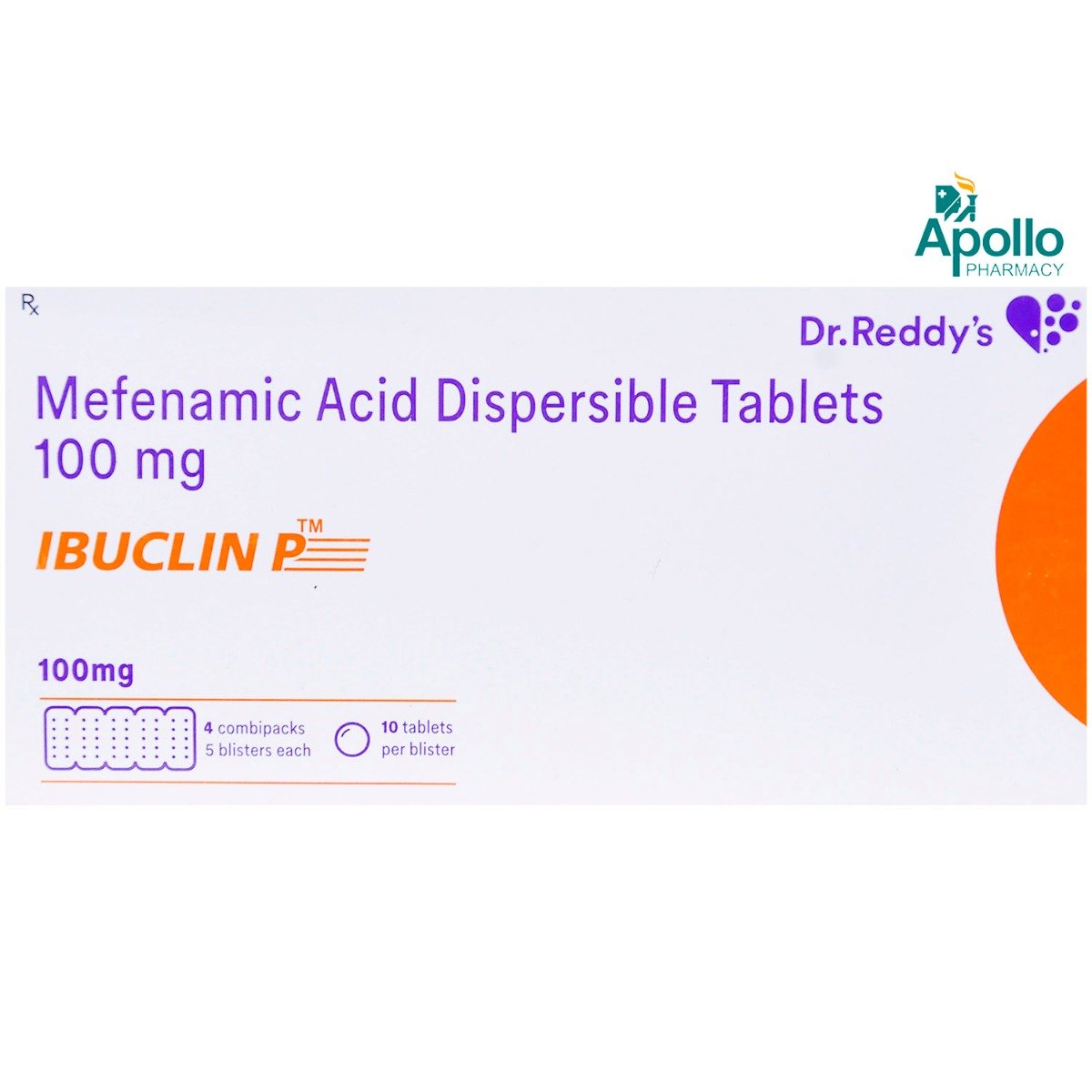
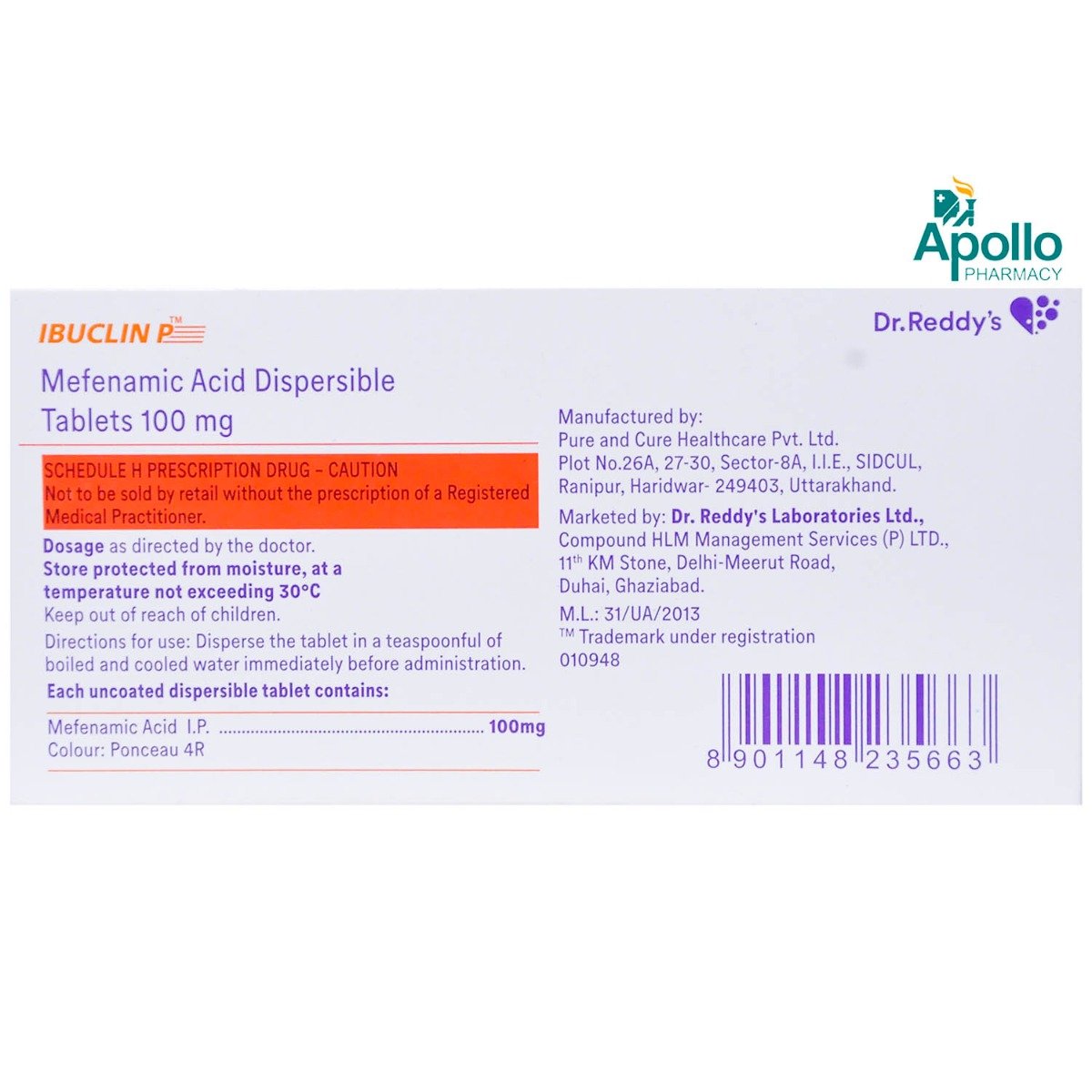
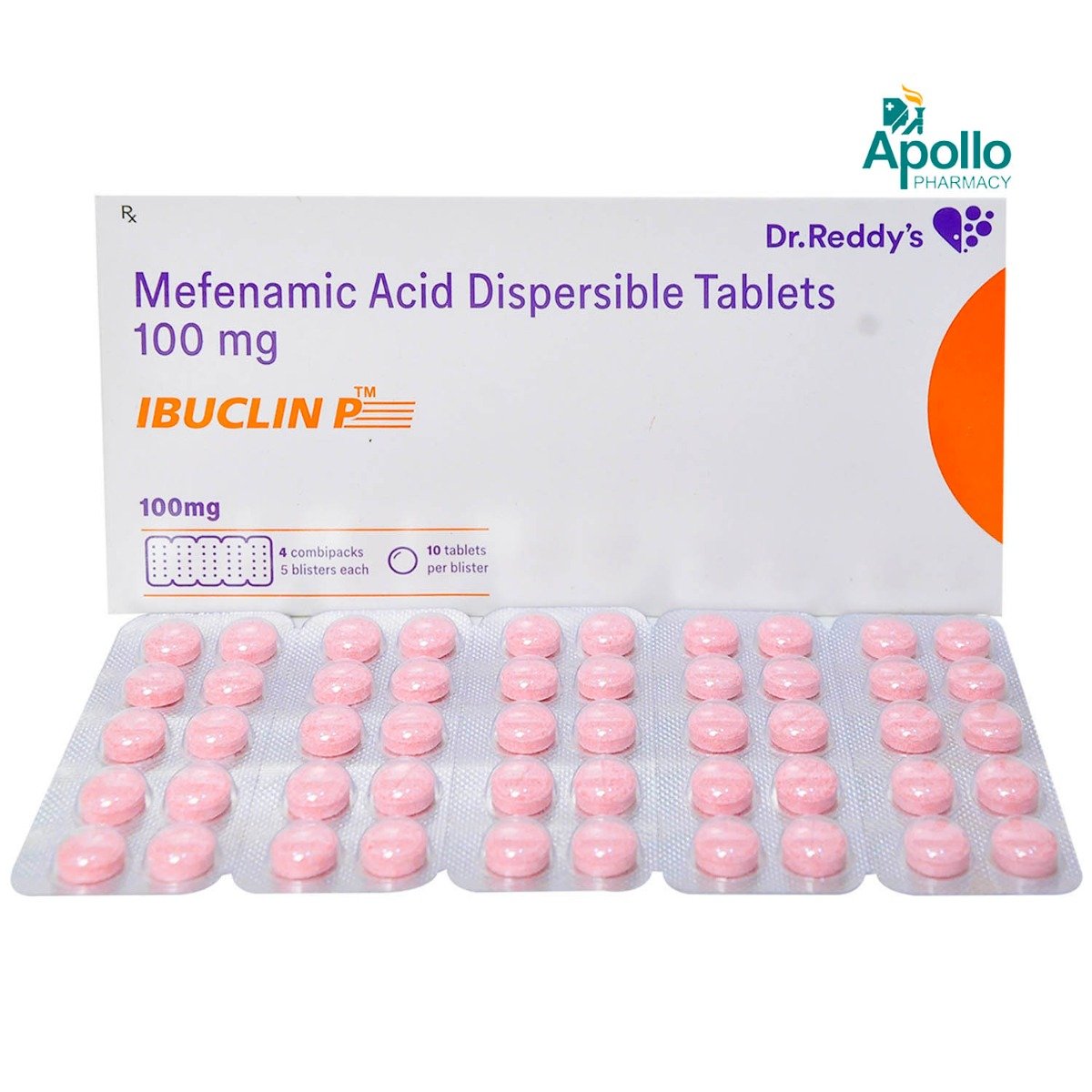
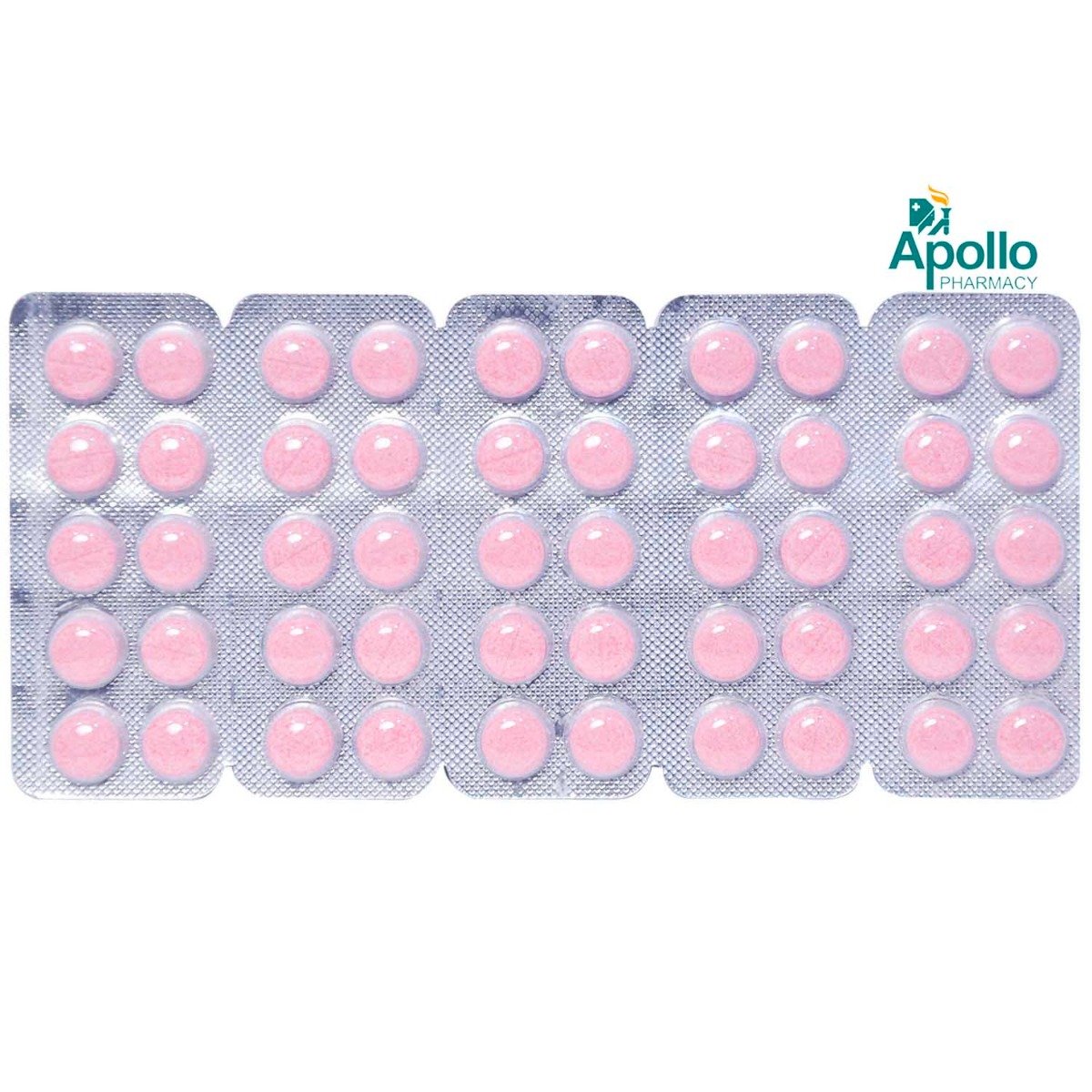
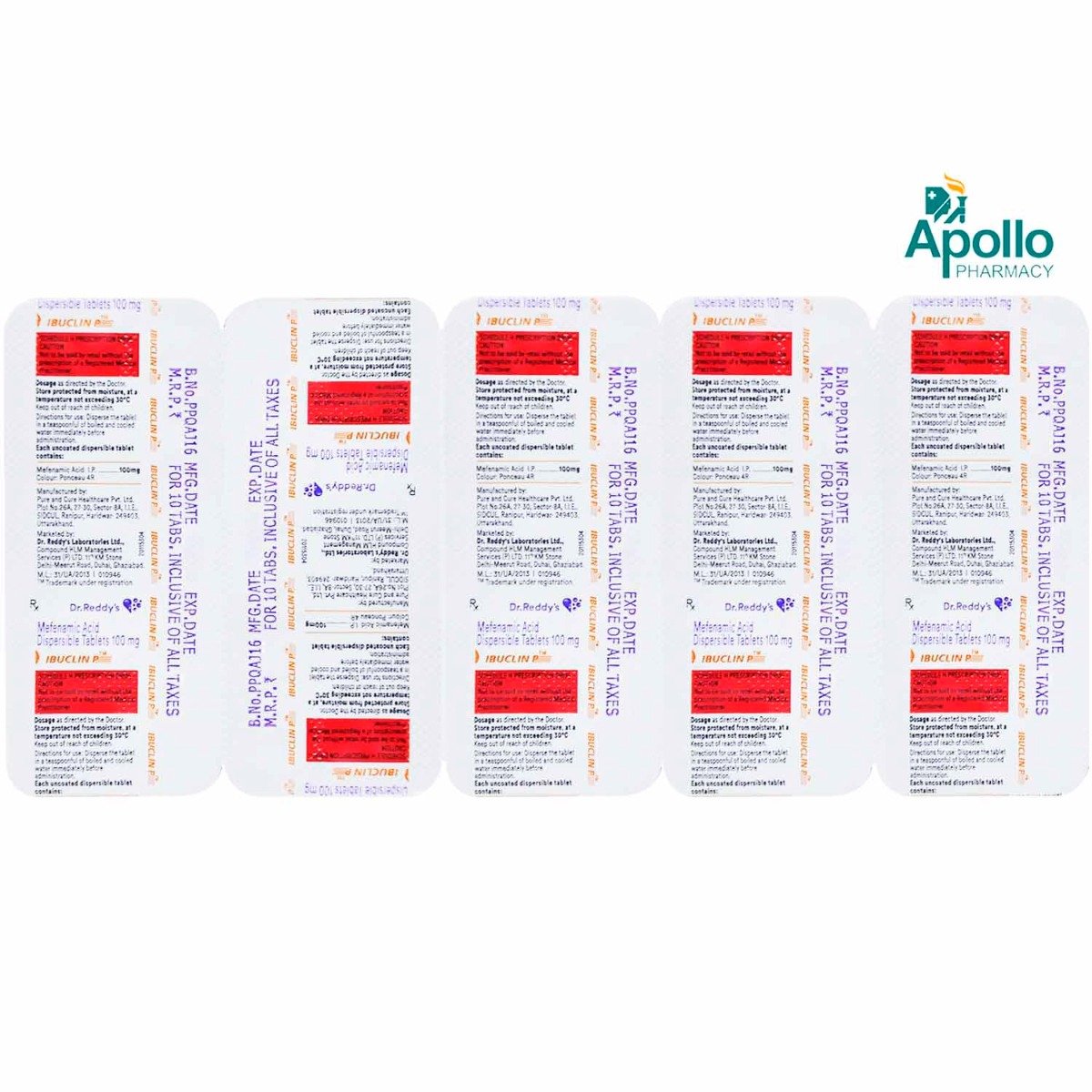







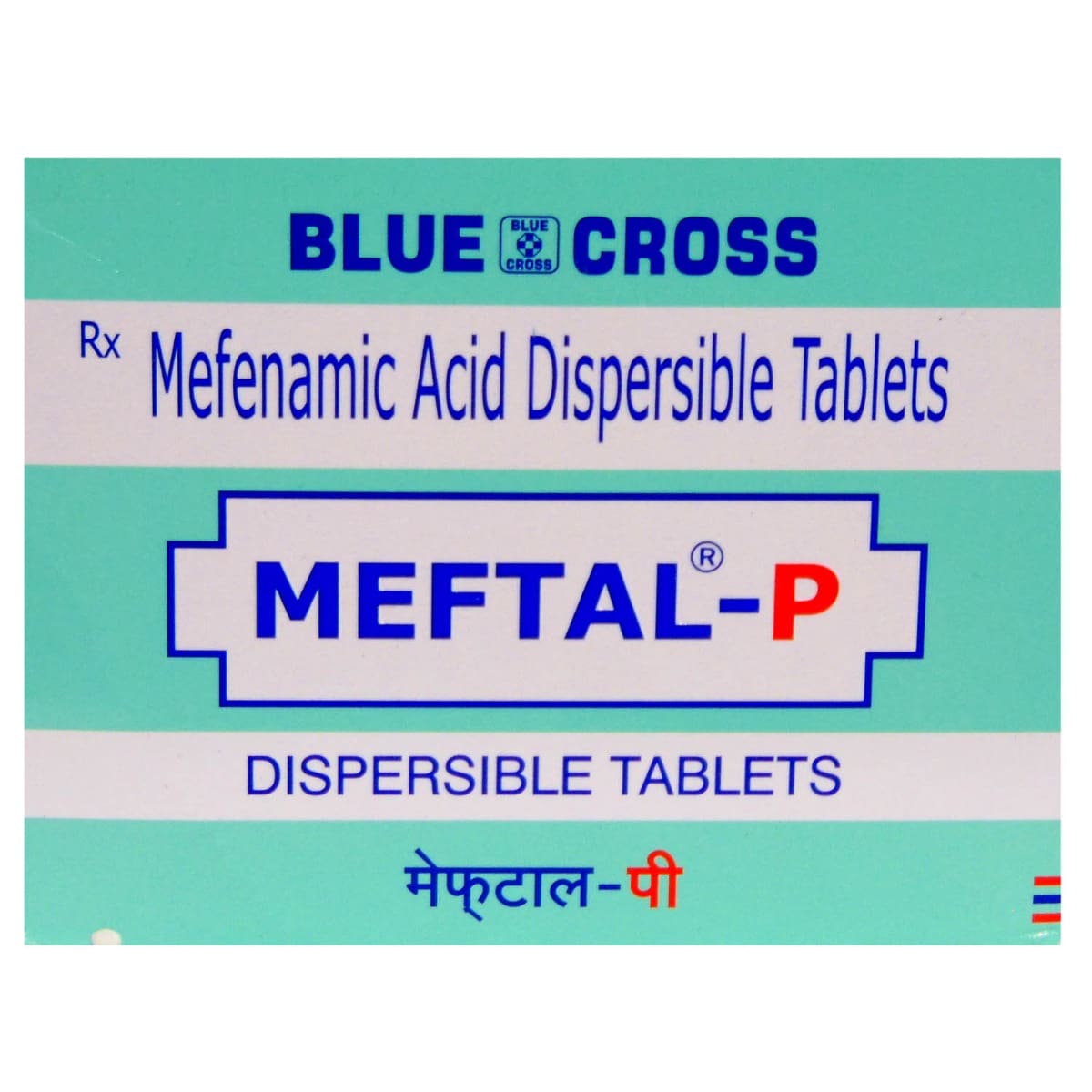

_0.jpg?tr=q-85)

